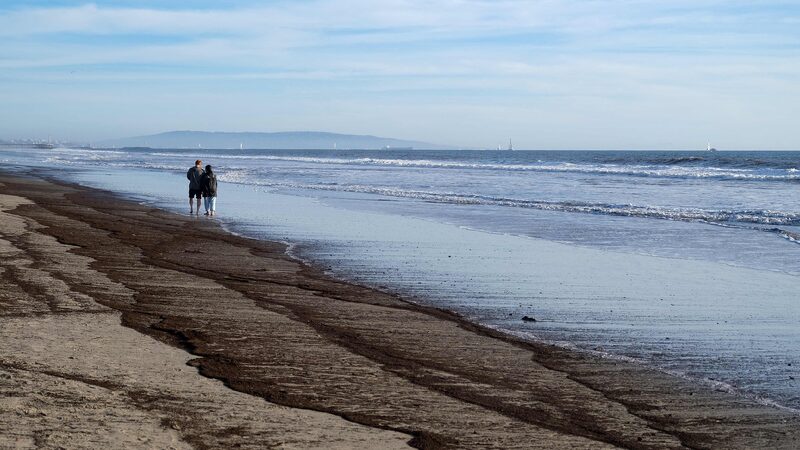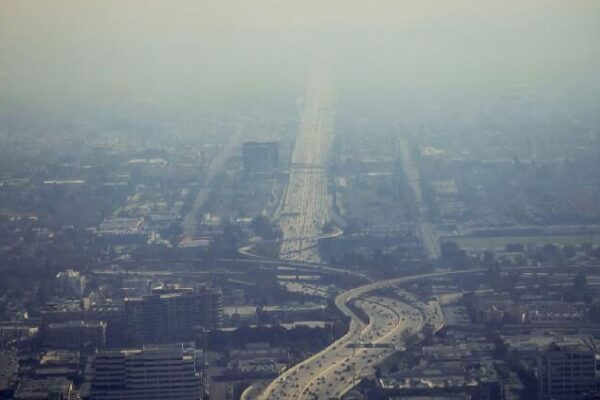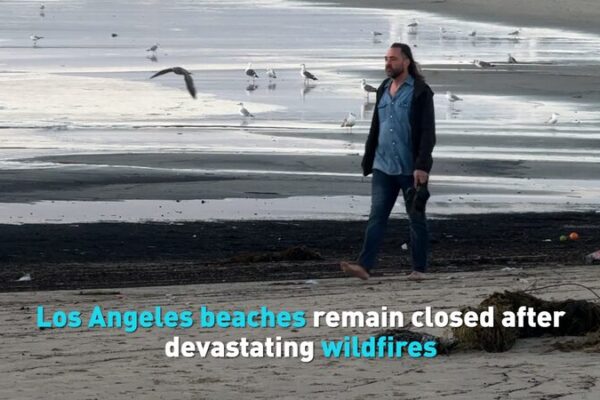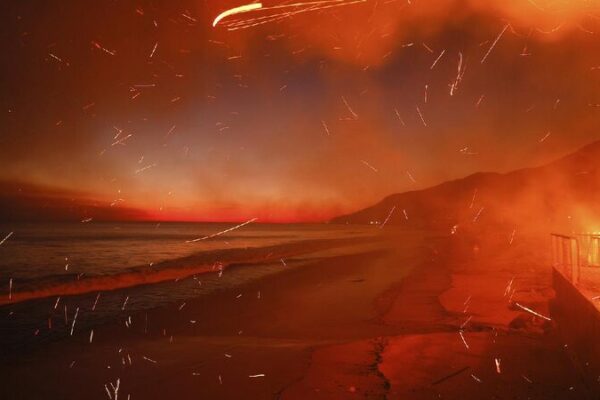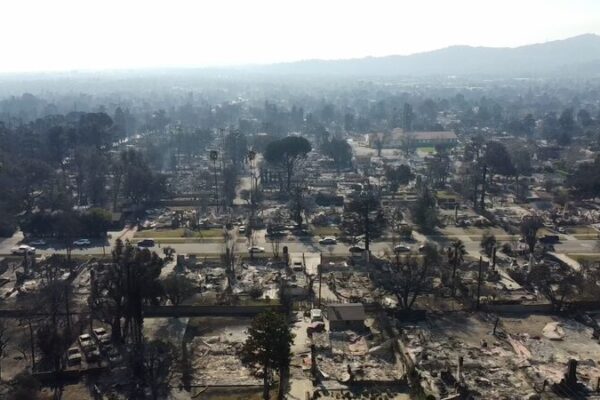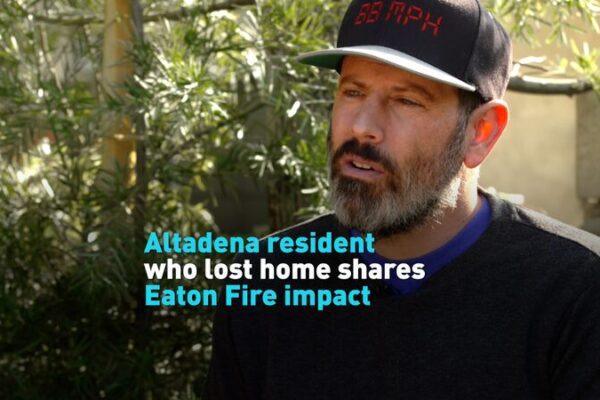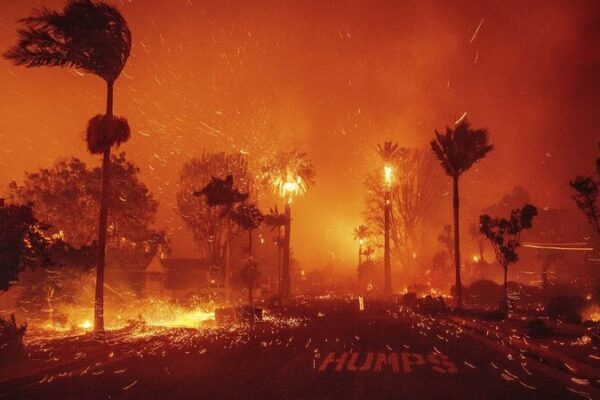As crews work tirelessly to clean up the aftermath of the devastating Los Angeles wildfires, scientists are in a race against time to determine how these fires have impacted the Pacific Ocean. The Palisades and Eaton fires have not only ravaged thousands of homes, businesses, and vehicles but have also turned everyday items into hazardous ash filled with dangerous substances like pesticides, asbestos, plastics, lead, and heavy metals.
The concern now is that this toxic debris could wash into the ocean, posing a significant threat to marine life. Rainfall can carry these harmful chemicals and trash into the sea, making the water unsafe and potentially disrupting the delicate balance of the marine ecosystem.
Recent atmospheric rivers and mudslides have intensified these fears, increasing the risk of contaminated runoff reaching the ocean. Mudslides in the burn zones can dump hazardous waste directly into the sea, and the fire-damaged soil’s reduced ability to absorb rainfall only heightens this danger.
Local officials have taken action by setting up concrete barriers and sandbags to prevent debris from reaching the beaches. State and federal agencies are conducting tests to monitor ocean water for toxins, metals, and chemicals, including microplastics and banned substances like PCBs, which pose serious health risks.
While recent water tests haven’t raised immediate health concerns, and one beach closure was downgraded to an advisory, scientists are continuing their studies to understand the full extent of the contamination and how long the effects might last.
Forest fires sometimes deposit beneficial nutrients into the ocean, but when urban areas burn, the toxic ash can have severe consequences for marine organisms. Researchers are analyzing how fire debris affects the ecosystem and the food chain, taking tissue samples from fish to check for contaminants.
It will take time to fully comprehend the impact of these urban fires on our environment and food supply. As scientists work to uncover the damage, the hope is that measures can be put in place to protect the ocean and the life it harbors.
Reference(s):
Scientists race to detect ocean damage sparked by LA wildfires
cgtn.com
